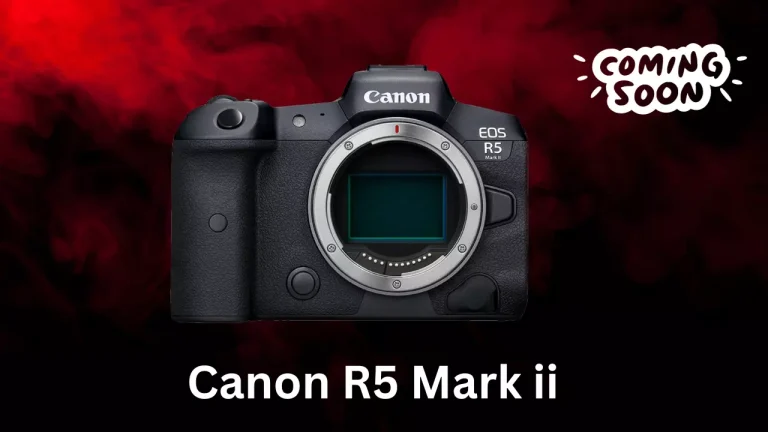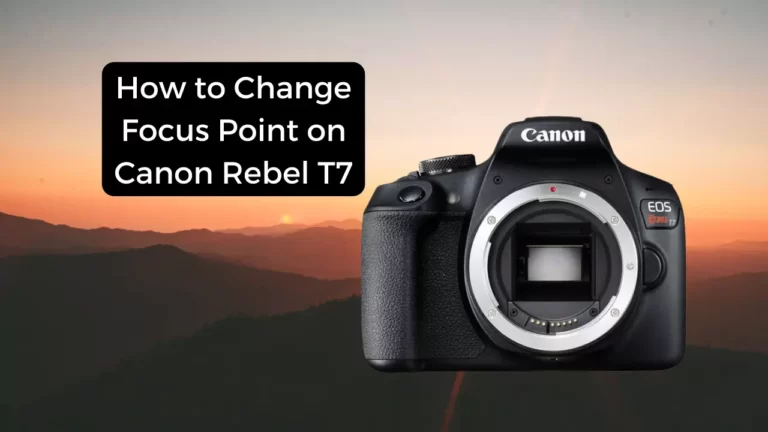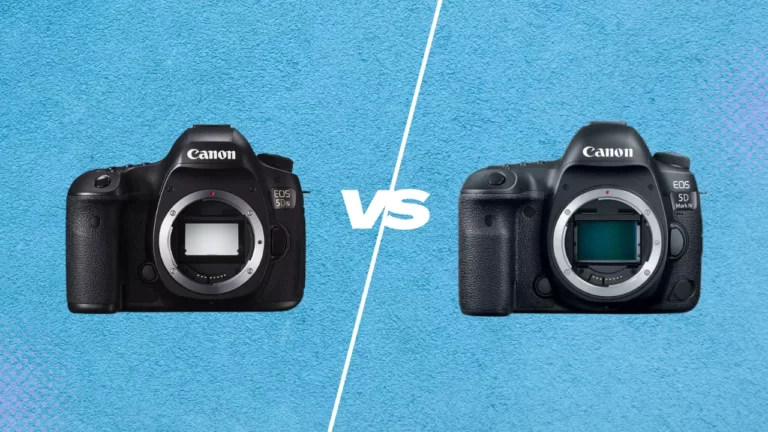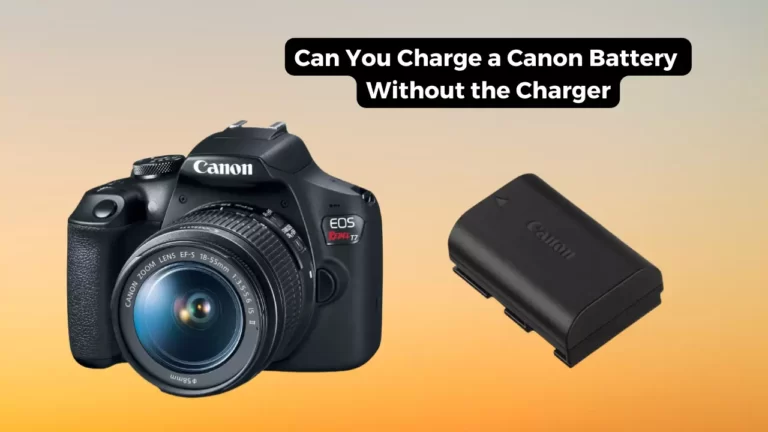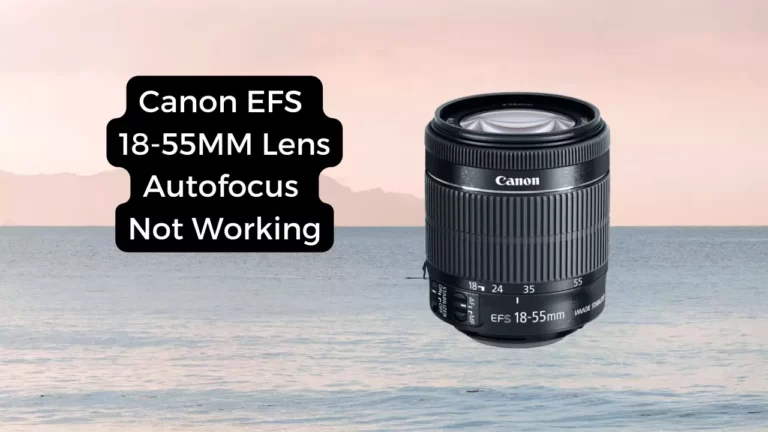How Long Does a Canon Battery Take to Charge?
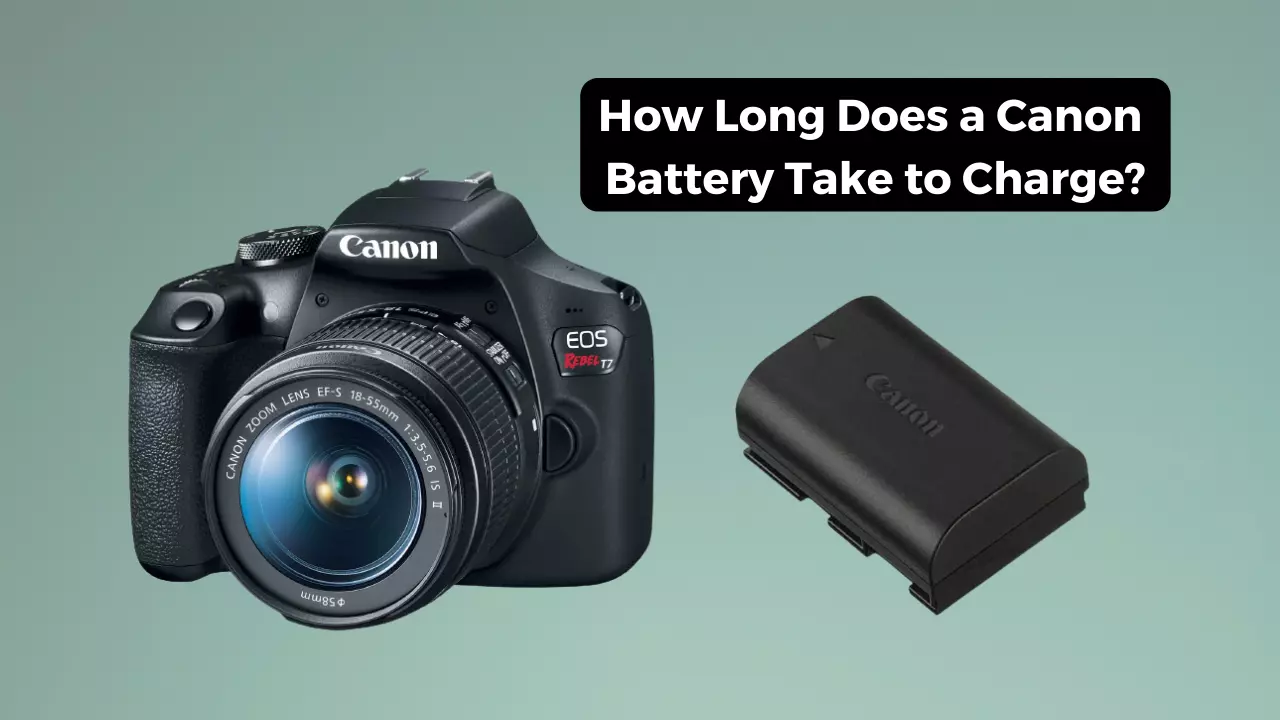
Many photographers would like to estimate the charging duration of their Canon batteries. This helps in many situations as you can plan ahead so you do not encounter a dead battery when you least expect it.
In ideal conditions, that is a room temperature of 23 degrees Celsius, charging a depleted battery will take 2 hours and 20 minutes. This duration is subject to change due to various factors. These factors include the type of charger, the battery’s capacity, the temperature, and the battery’s health.
This article will help you understand your Canon’s battery life better by delving into its charge and drain time. Read on.
How Long Does a Canon Battery Take to Charge?
Any photographer would like to know how long their battery can last, and how long it takes to fully charge it. According to the manufacturer, the typical Canon battery is designed to fully charge for 120 minutes (2 hours) at room temperature.
This duration, however, is likely to vary based on a charger, battery’s health, battery’s capacity, and temperature. The ideal temperature to charge your Canon battery is 6 to 10 degrees Celsius and will take approximately 4 hours to fully charge.
For the Canon battery to fully charge, it is not possible to tell the absolute time due to variations in factors affecting charge duration.
In fact, the duration differs from battery to battery. A good example is that it will take the Canon batter a longer time to charge at lower temperatures compared to room temperature.
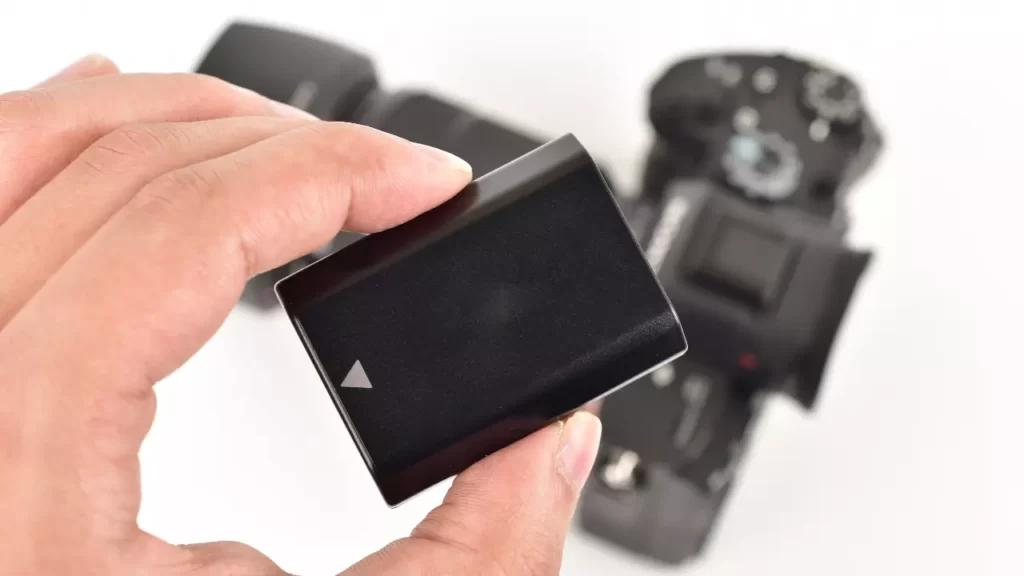
What Are the Factors Affecting the Charging Time of Canon Batteries?
Different factors affect the overall duration time for charging a Canon battery.
The capacity of the battery
The duration of charging differs significantly depending on the capacity as well as the quality of your battery. if your battery has a higher capacity, it tends to take a longer time to fully charge. On the flip side, if the capacity is lower, it will take a shorter time to fill up the ‘space’.
Ambient temperature
Any cellphone user will confirm that the battery of their smartphone tends to drastically drop in low temperatures. This not only affects cellphone batteries but all Li-ion batteries—they are affected by the surrounding temperatures. Manufacturing brands recommend temperatures between 20 to 30 degrees Centigrade for optimum performance.
The ambient temperature affects the charging time of the battery. Higher temperatures will cause the battery to charge for a shorter time. However, do not increase the temperatures intentionally as this may adversely affect your battery. Increased temperatures can potentially damage the battery and reduce its life cycle as well as capacity. Excessive heat will completely damage the camera’s battery.
Moreover, at higher temperatures, the camera will give a false positive message that the battery is full when it is not. The battery’s usable capacity will be reduced and it will require more frequent charging. On the other hand, at lower temperatures, overheating is prevented but at the cost of increased charging time.
Quality of the battery
As mentioned above, another important factor that affects charge duration is the quality of the battery. If the battery is of good quality, and from a reliable brand, it is likely to charge more quickly. Poor-quality batteries will charge slower as they are incapable of supporting fast charging. They also tend to charge with more difficulty, hence the duration is extended.
Battery’s recharge performance
Generally, the runtime of Lithium-ion batteries tends to degrade over time. Their performance is also affected by the number of recharge cycles and charge conditions such as temperature. Hence, due to this degradation, the internal resistance of the battery is increased. This means that the battery will require a longer time to charge.
Furthermore, if the battery has degraded more and cannot be fully charged, then it will fill up in less time and also drain quickly.
Method of charging
The charging time of your Canon battery will depend on the mode of charging as well. For instance, if you use the standard Canon charger specially tailored for them, it will charge a lot quicker.
However, if you opt for a different charger of lower quality, your camera’s battery will take much longer to charge. Moreover, the cable’s quality is to be considered. If you are working with a high-quality cable, it guarantees faster charging. The converse is true.
Wireless charging tends to be slower than wired charging. The point is, using different chargers causes a variation in charging times.
The remaining battery capacity
Charging duration is also determined by the remaining charging capacity in the battery. If before charging the battery was 10 to 20% charged, then it will charge faster. However, if your battery is at 90%, it will take much longer to fill the remaining 10%.
FAQs
How long does the camera battery last before needing a replacement?
If you properly take care of your battery, it can last no less than 5 years. Theoretically, the Li-ion batteries can last up to 1000 recharging cycles. It is advisable to keep the battery’s charge level between 20 and 80% to keep the battery active for a longer time.
Can a Canon battery overcharge?
The modern cameras come with a safety feature that will automatically stop charging when the charge level gets to 99%. However, there is still a chance that some charge particles slip into the battery even though the camera stops charging. Therefore, it is advisable not to overcharge the battery for a long time.
Why will my camera battery not charge?
If the lithium battery is completely discharged, there is a higher chance that the camera may fail to charge. Hence, it is not recommended to overcharge or completely drain the battery. Also, the battery tends to degrade when stored for a long time. Rust can also prevent charging.
Conclusion
In ideal conditions, and all things considered, charging your Canon battery should take 2 hours. However, this duration is subject to change as explained above. Therefore, it is important to take all the necessary precautions to ensure good battery health and performance.
You Can Also Read:
- How to Transfer Photos From Canon Camera to Phone
- How to Transfer Photos From Canon Camera to Computer
- How Many Pictures Can a Disposable Camera Take
- Can You Charge a Canon Battery Without the Charger
- How to Charge a Camera Battery Without a Charger
- Canon R5 Mark ii (Release Date, Price & Specs) - December 20, 2023
- Sony 100 400 vs 200 600: Which Telephoto Lens is Right? - December 15, 2023
- Sony A1 II Camera (Release Date, Price & Specs) - November 30, 2023

